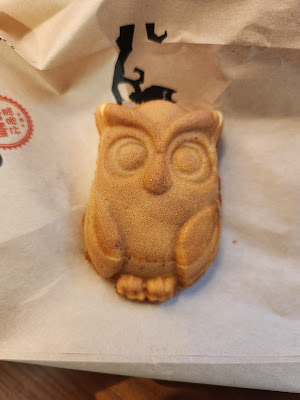Plum or Japanese Apricot ?

Maechwisun is the one of my favorite alcoholic beverages made with plume or Japanese apricot. My understanding is that the word ‘plum’ is frequently referred to ‘jadu’ rather than ‘Maesil’ in Korea. However, Maesil is the fruit of the Chinese apricot or Japanese apricot. The origin of the plant is far east Asia and bears fruit with a green color from late May to mid-June. If you leave fruits without harvesting them in a green state, they ripen further and become yellow, which is called Hwangmaesil. Hwangmaesil is less sour and sweeter than ordinary Cheongmaesil. Despite the less sour taste, it is said that the citric acid content is twice as high as that of green fruits. The main production areas of these fruits in Korea include Suncheon, Gwangyang, and Hadong. Since the natural habitat of these plants is Asia and were not found in other English-speaking countries, there is no official word or legitimate translation of them in English. Understandably, both ‘plum’ or ‘Japanes...


